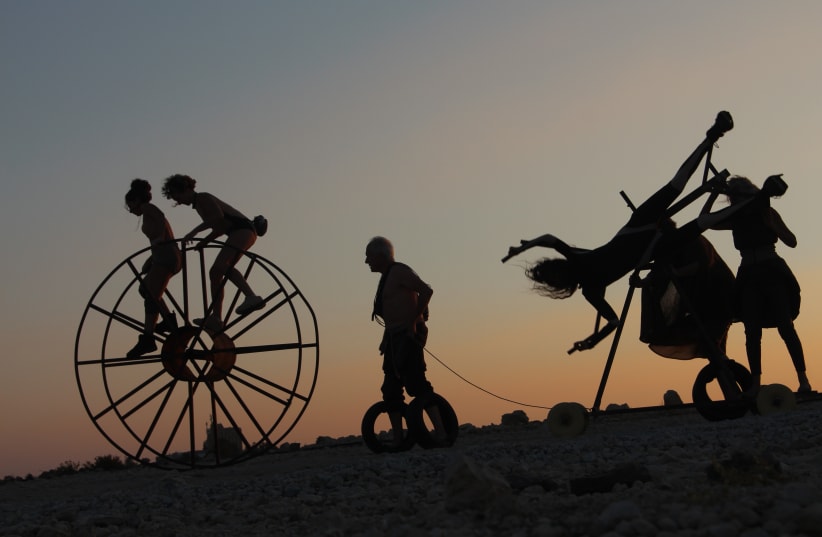Israel Museum celebrates a decade of supporting local artists collection
Opening later this month, some of the works will be on display at the Israel Museum as part of the 'Shutters and Stairs: Elements of Modern Architecture in Contemporary Art' exhibition.
